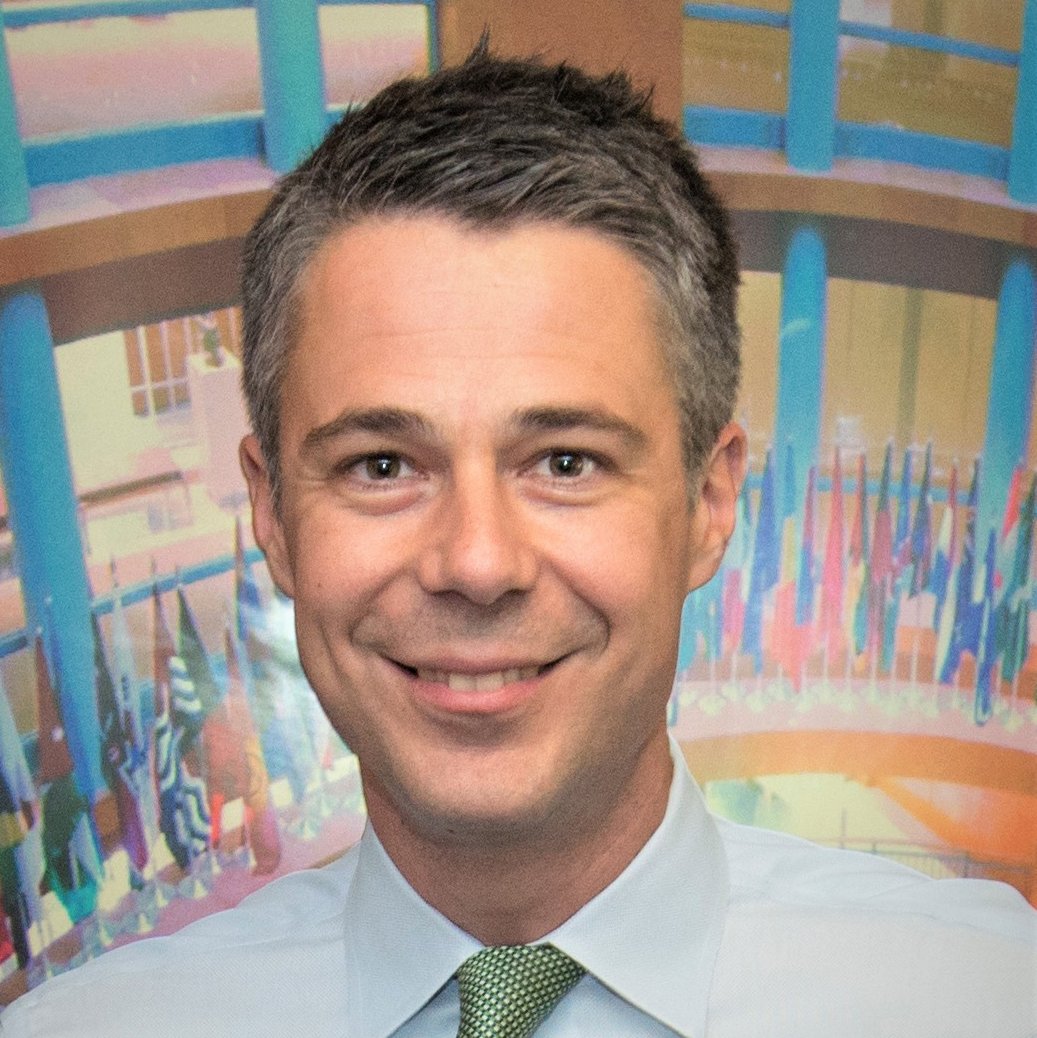The head of the Monetary Authority of Singapore (MAS) has called on his peers to act with more urgency on climate change, lamenting that the global recovery from the pandemic is being supported by the continued use of fossil fuel.
Speaking as chairman of the Network for Greening the Financial System (NGFS), MAS managing director Ravi Menon says the demand for coal has risen, not fallen, and fossil fuels continue to account for more than 80% of primary energy consumption globally. And while renewable energy generation capacity has grown significantly in recent years, the current pace is not sufficient to reach net zero by 2050.
“From a climate perspective, 2020 to 2030 is the ‘critical decade’. While everyone is busy making net-zero commitments for 2050, let us not forget that the trajectory towards net zero will be substantially determined by 2030,” Menon says.
He spoke recently at the Green Swan Conference 2022, a virtual event co-organized by the NGFS, Bank for International Settlements, the European Central Bank, and the People's Bank of China. The NGFS is a network of 114 central banks and financial supervisors seeking to promote green finance and fight climate change.
The transition towards net zero has also been severely disrupted by the Russian invasion of Ukraine, Menon says. As a consequence, some major economies that rushed to cut their dependence on Russian gas has moved to fossil fuel replacements, including coal.
“The recent report by the Intergovernmental Panel on Climate Change (IPCC) is sobering,” he notes. “To limit global warming to 1.5 degrees Celsius, global greenhouse gas emissions must peak by 2025 and come down by about 45% by 2030 relative to 2019 levels. This is far from the emissions trajectory we are currently on.”
Lead by example
“Climate change is a long-term risk but whether and how that risk materializes depends on what we do in this critical decade,” he adds.
According to Menon, the financial system is a powerful lever that can enable a credible and inclusive transition to net zero, and central banks and financial regulators have a role to play in greening the financial system to support the net-zero transition.
He calls on the NGFS to incorporate environmental risks within supervisory frameworks and practices in the next stage of its ongoing work
“To be credible and impactful, financial institutions’ transition plans must be based on how they will facilitate the transition of their clients and customers towards greater sustainability. This will in turn depend on the respective industry transition pathways relevant to their clients and customers,” the MAS chief says.
Menon also calls on central banks to lead by example and make sure their efforts to be green and sustainable include implementing the same sustainability practices they have been advocating for financial institutions.
“Undertaking the net-zero journey themselves will help central banks and supervisors gain a better understanding of the challenges that financial institutions face when considering climate-related and biodiversity risks in their activities,” he says.









